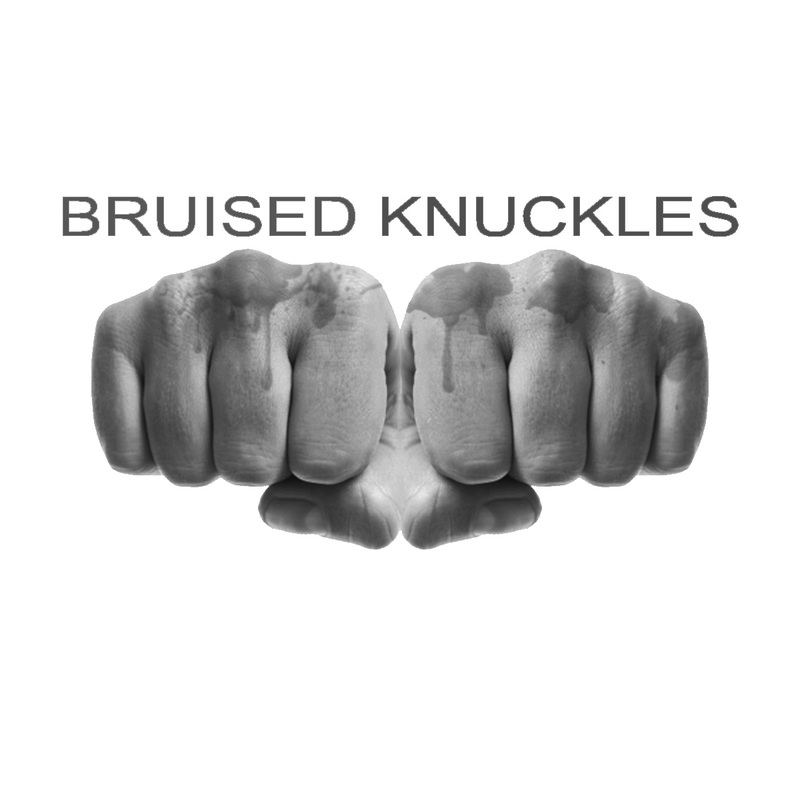|
A judge recently decided to hold recording artist Kesha to her contract with Sony producer Dr. Luke, who not only “allegedly” physically and emotionally abused her, but actually did. This goes beyond the legality of recording contracts; after this ruling, it has become very clear that a woman’s health and safety concerns are not enough of a reason to free her from a recording contract with a toxic individual.
This lawsuit is not recent; according to The Rolling Stone, it was filed in California in October 2014, but petitions for #FreeKesha started as early as 2013. As a result of the court’s decision, celebrities and fans alike have come together to work to address what happened (and is currently happening to Kesha), as well as addressing what women face in the music industry. Celebrities include Demi Lovato, Taylor Swift, Ariana Grande, and Lady Gaga.
While there has been some arguing between supporters over the best approach to helping Kesha (like Demi’s criticism of Taylor for donating to Kesha as opposed to addressing the broader issue), the main argument still stands; what happened to Kesha should not be allowed to happen to anyone else.
Kesha isn’t the only artist Dr. Luke has abused. Charli XCX quoted him in a 2014 tweet (below), claiming that he told her she needed to lose weight. He’s also reportedly had altercations with artists like Demi Lovato (refusing to give her a sing when she wouldn’t make it her second single off of “Confidence,” and Becky G). You can see more of those here.
So join the #FreeKesha movement and help open up the discussion about abuse within the music industry. If you’re interested in reading more about the Dr. Luke lawsuit, you can check out these articles by The Guardian, Buzzfeed, and Vogue. You can also check out the FreeKesha website for more information.
0 Comments
By now you’ve probably heard about or seen Beyone’s Superbowl performance (shown below in case you missed it. If the video doesn’t work, check out this link here). Debuting her new song, “Formation,” Beyonce’s performance was nothing short of brilliance and political activism.
Skipping over the specifics of the performance (like Beyonce’s back-up dancers sporting Black Panther attire, or her newest hits’ politically provoking lyrics), let’s talk about why [white] people are so offended. Many people are upset over Beyonce’s obvious stance with the Black Lives Matter movement (which many have compared to the Black Panther Party), claiming that she has no respect for or understanding of the police force, and the protection they provide for stars like herself.
Others are accusing her of exploiting black tragedy for personal gain, like the author of this article from Slate. One of the questions Shantelle Lewis, the author, chooses to highlight in her piece is, “For an artist to become political, must she perform against a backdrop of black tragedy?”
Opposition to such a controversial message such as this is expected. But amidst the negativity, there are many Beyonce supporters. For a joint article in the New York Times, Jenny Wortham wrote;
“This video feels like the ultimate declaration from Beyoncé that the tinted windows are down, the earrings are off and someone’s wig might get snatched, judging by the scene in the hair store about 1:22 minutes in.
Personally, I support Beyonce wholeheartedly. I think she is genuinely lending her fame to the Black Lives Matter movement and shedding light on the uncomfortable racial tensions that the U.S. has always had, but never addressed. I can understand why individuals like Lewis could take offense to the video, as it is clearly taking place in New Orleans, but I do not think Beyonce would ever intentionally exploit the culture to gain popularity.
I was especially impressed with Beyonce’s inclusion of Messy Mya, a young black artist shot and killed in New Orleans in 2010 (which you can read more about here and here). I didn’t initially understand the significance of his inclusion in the song (or who he was before looking him up), but I think Beyonce’s decision to include his voice recordings in the song only emphasizes her understanding of the challenges African Americans are facing (especially in regards to gun violence). The inclusion of Messy Mya also gives context to the New Orleans backdrop of the video. You can watch the video below if you haven’t seen it yet (if the video doesn't work, check out this link).
|
Archives
April 2020
Categories |

 RSS Feed
RSS Feed
